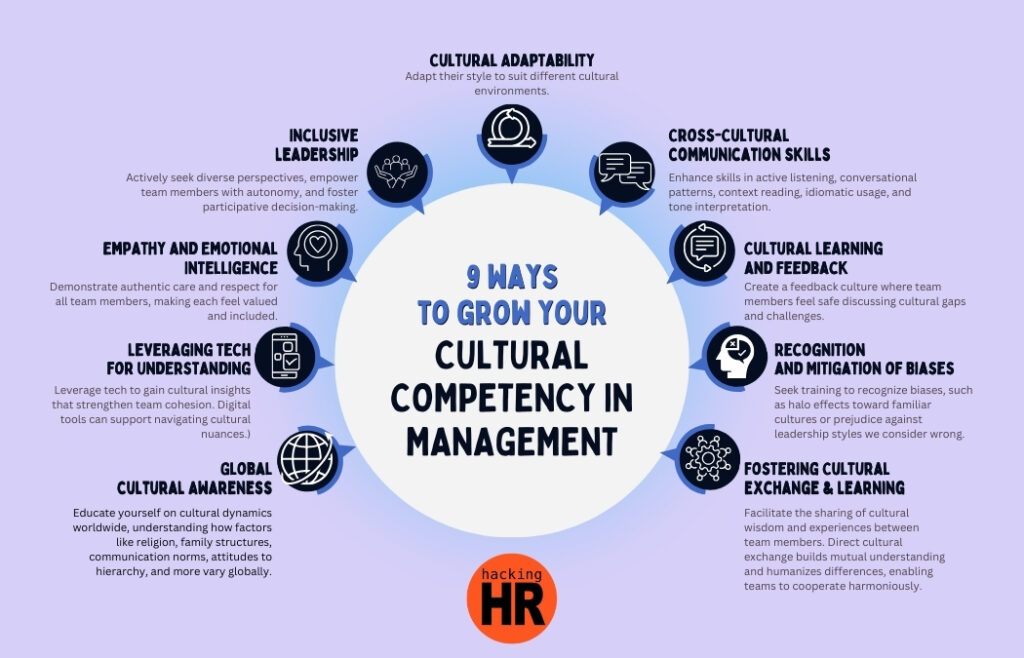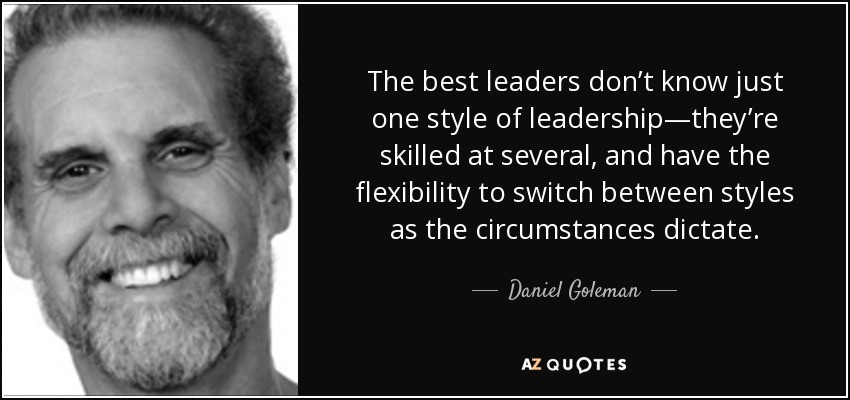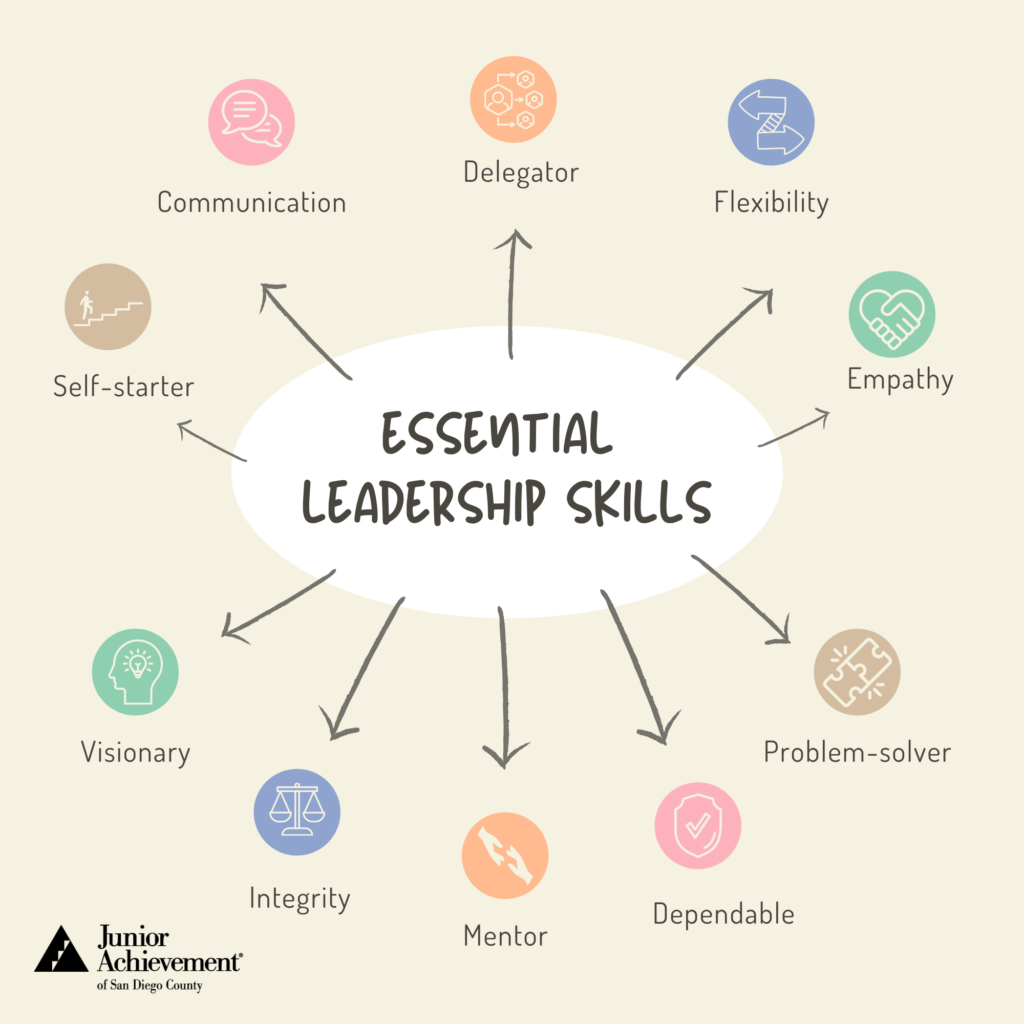Globalization makes our world seem smaller, creating unique opportunities for business leaders, especially in overseeing teams with a vast array of cultural backgrounds. Such leadership requires an enhanced level of flexibility to effectively customize management approaches to suit different workstyles and communicative practices. This article focuses on these issues, offering perspectives on how to adeptly handle culturally varied teams.
Mastering the Art of Understanding Cultural Context
The centerpiece of developing a globally competent team is fostering cultural intelligence – the capacity to comprehend diverse cultural contexts and align behaviors accordingly. Factors that motivate in one culture may be demotivating in another.
American employees, for instance, tend to favor straightforward feedback, while their Asian counterparts favor a more formal approach. Hence, leaders must delve into their teams’ cultural fabric to understand such nuances. This can catalyze the formulation of adaptable management strategies, from communication norms to accountability frameworks.
Flexing Your Leadership Style
Decoding cultural contexts is only the opening act; global leaders must embody flexibility in their leadership styles. The classic authoritative approach favored by western businesses may not fit in societies that prioritize consensus and harmony.
For instance, while autonomy is highly valued by American employees, Vietnamese workers might look for more guided mentorship. Leaders must seamlessly transition between directive and empowering leadership styles based on the cultural sensibilities of local teams, making it a hallmark of global leadership prowess.
Uniting Teams through a Shared Vision
Despite cultural disparities, an organization’s vision should reverberate across global teams, ensuring alignment of team members. This vision should characterize elements that strike a chord with the diverse motivations and values of international team members.
Sustainability-focused visions and social responsibility initiatives often have a universal appeal, aligning individual aspirations with the greater good. Moreover, promoting cross-cultural collaboration through global conferences, virtual meetups, and cross-border projects cultivates a sense of unity, transcending superficial cultural differences.
Embracing Cultural Strengths
Global businesses flourish not just by adjusting to cultural diversity, but also by championing the unique strengths each culture offers. A prime example is the global auto industry’s success by adopting the Japanese ‘kaizen’ model of continuous improvement, demonstrating how small, calculated innovations can bring about a transformative shift in management approaches.
Investing in Cultural Training
To effectively lead global teams, cross-cultural leadership education is indispensable. Such training imbues leaders with the necessary mindset, skills, and tools. It typically encompasses classroom learning, cultural assessments, and experiential exercises, such as simulations and rotations across global offices.
Image Source: Junior Achievement of San Diego County
Inclusion at the Forefront
To nurture successful global teams, fostering an inclusive organizational culture is fundamental. This involves implementing policies such as equitable compensation, localization programs, flexible working arrangements, and language support.
Such measures ensure that international employees feel valued and treated fairly, while also creating opportunities for global mobility and growth. This inclusive culture allows global teams to manifest their potential optimally.
Get Started with Intentional Global Leadership
The process of mastering cross-cultural leadership skills is indeed rewarding for those managing global teams. Embracing these strategies will undoubtedly enhance one’s leadership abilities, propelling the organization towards unparalleled success. Learn more about Leadership Circle’s Unity Academy, which dives into many of these topics utilizing ideologies that span across cultures and nationalities.








